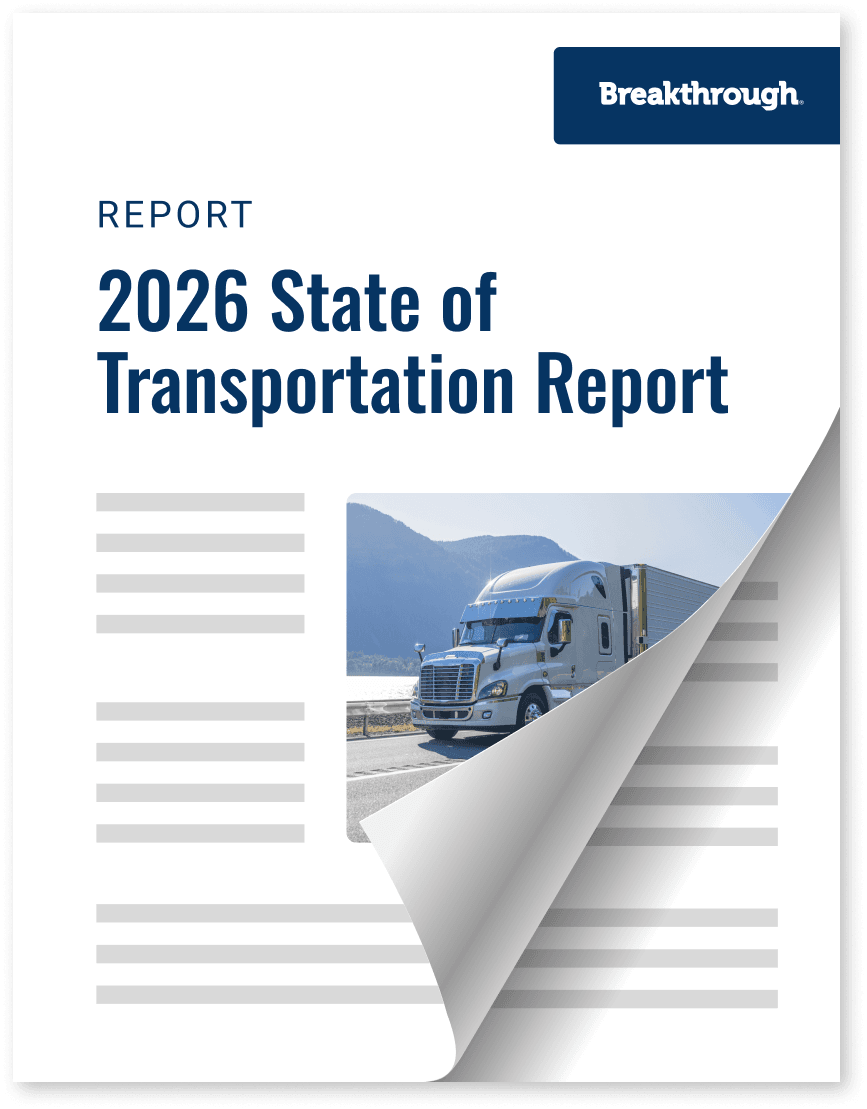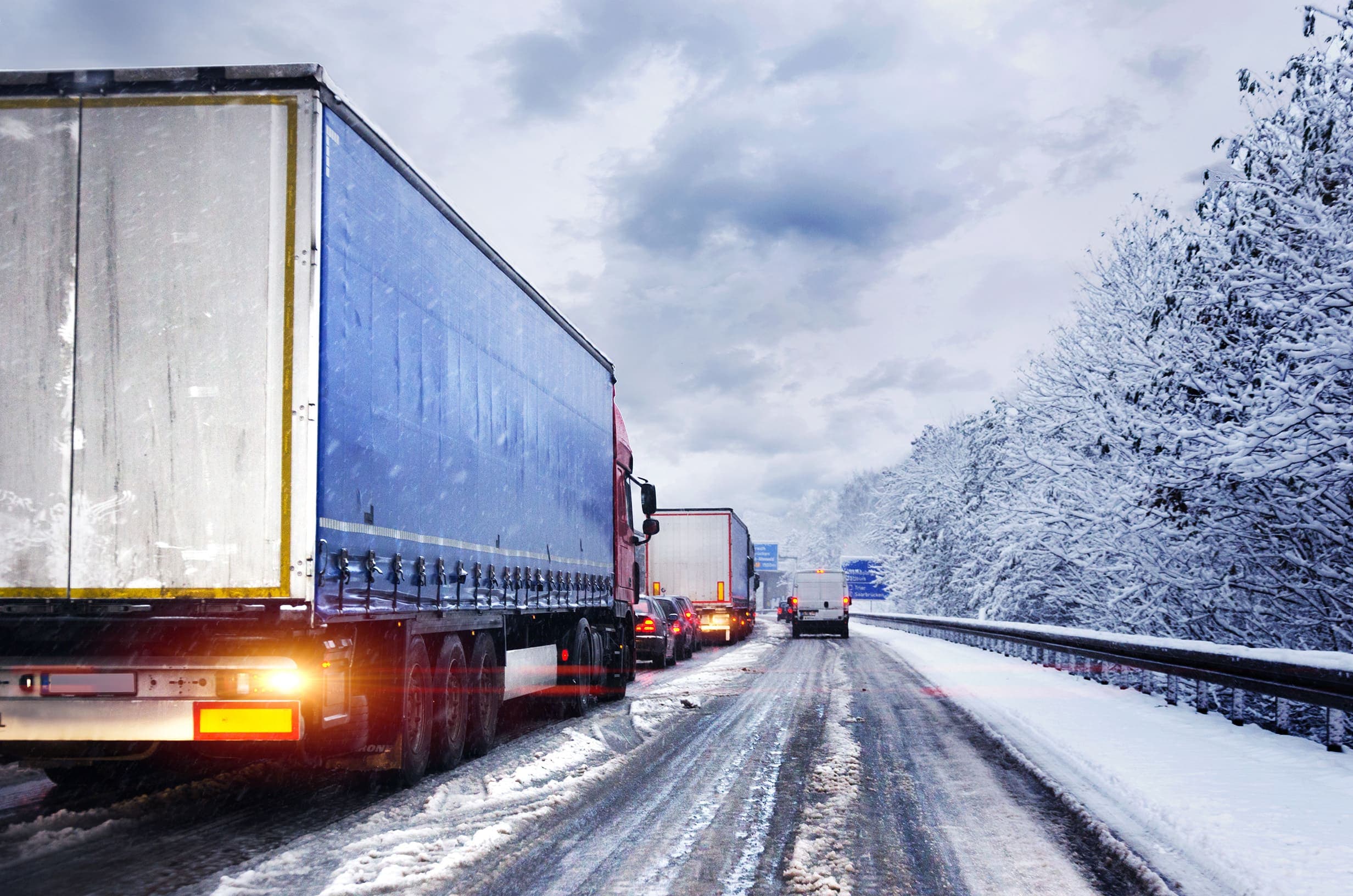2026 State of Transportation Report

Trending
Top Posts
3 min read
March 18, 2025

Share:
Table of contents
Browse the table of contents to jump straight to the part you’re looking for
In most provinces, the Canadian carbon tax will no longer apply to the price of diesel on April 1, 2025.
On March 14, 2025, the new Canadian Prime Minister, Mark Carney, announced the elimination of the country’s carbon tax on fuel, known as the fuel charge rate, ahead of the planned rate increase on April 1. On April 1, the diesel fuel charge rate for most provinces was expected to increase to CAD$0.254/litre, while the British Columbia fuel charge rate for diesel was expected to increase to CAD$0.2462/litre.
The current 2024 diesel fuel charge rate for most provinces is CAD$0.2139/litre. The key exceptions are British Columbia and Quebec. British Columbia has its own provincial fuel charge rate system with slightly lower fuel charge rates to account for the higher biofuel content. British Columbia’s 2024 fuel charge rate is CAD$0.2074/litre. Quebec does not have to align with the federal carbon price and fuel charge rate because of its cap-and-trade system. Quebec’s cap-and-trade system adds an average cost of approximately CAD $0.14/litre to diesel.
Upon Prime Minister Carney’s announcement, British Columbia Premier David Eby announced that he would also remove the province's fuel charge rate. British Columbia will need to pass legislation to remove the fuel charge rate. The first session of the British Columbia legislative assembly is March 31. Eby has asserted that work is already under way to remove the fuel charge rate.
Breakthrough will remove the Canadian fuel charge rate from its systems on March 31 to align with the Canadian federal government’s timeline. Additionally, Breakthrough will align to the timeline announced by British Columbia and its legislative assembly.
The recent developments surrounding Canada’s carbon tax policies highlight the shifting dynamics of the nation’s political landscape. As political leaders respond to public sentiment and economic pressures, the debate over balancing environmental sustainability with economic feasibility remains central. Moving forward, the outcome of the federal election, to be held by October 2025, will be pivotal in shaping Canada’s climate policies.
Ensure your fuel reimbursements align with carbon tax changes by leveraging Fuel Recovery. Breakthrough's Fuel Recovery solution calculates fair and accurate fuel reimbursements using a market-based approach that considers key factors such as time, pricing, taxes, and geography. Learn how Fuel Recovery can help you streamline your operations and optimize your fuel reimbursement strategy.

5 min read
February 13, 2026
Explore the key factors driving the price of diesel, from refining premiums to global supply, and why these prices differ from crude oil costs.
Read more
6 min read
February 12, 2026
Discover actionable strategies to improve fleet fuel efficiency, reduce transportation costs, and achieve sustainability goals. Learn how data-driven insights can transform your MPG calculations and fuel reimbursement programs.
Read more
5 min read
February 11, 2026
Extreme winter weather can disrupt refinery operations, impacting refinery margins and diesel prices. Learn how these factors affect your fuel costs.
Read more